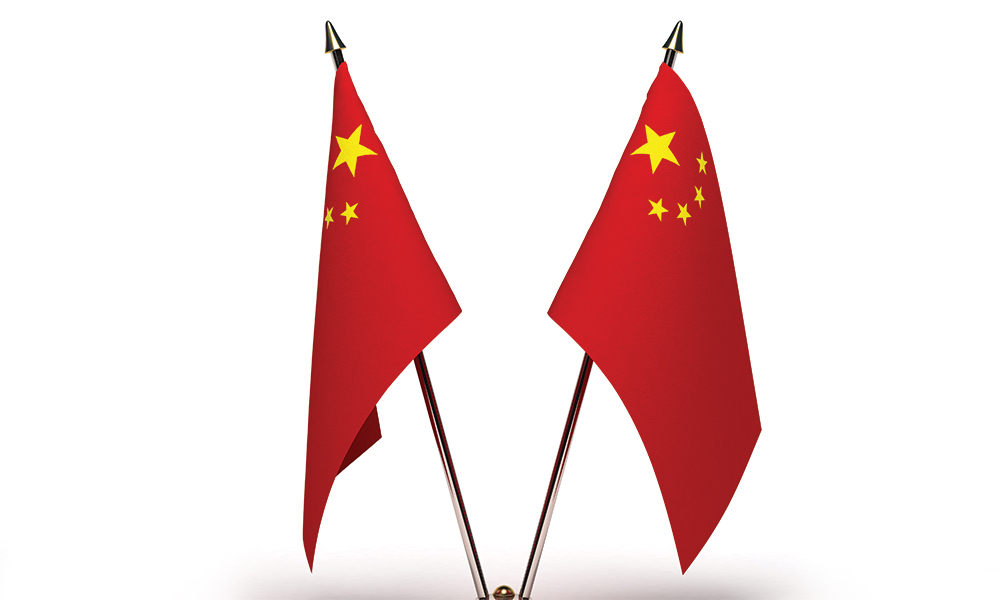
Global Spotlight: China NGO Law Is Still Hazy
As implementation the China NGO law gets underway, many particulars remain unclear.
The much-discussed China nongovernmental organizations (NGO) law, which went into effect on January 1, is still a little hazy as associations with operations in the country work to ensure they are in compliance.
“Typically in China, when a new law is passed by the National People’s Congress at the national level, they will work … to draft what they call ‘implementing rules’ or ‘implementing legislation,’” says Beijing-based attorney David A. Livdahl. “And that’s not going to happen in this case.”
The China NGO Law was passed in April 2016 and places restrictions on foreign NGOs operating in the country. Although Chinese officials have said the new law was crafted to clear up ambiguities about how nonprofits may legally operate in the country, they have also expressed a desire to supervise the activities of nonprofits with human rights, religious, or political agendas.
Under the new law, foreign NGOs are required to register with China’s Ministry of Public Security and provide a detailed report of their activities and finances, which will have to be updated on an annual basis. The law also requires that foreign NGOs get a Chinese partner organization to sponsor them.
The law also prohibits associations from fundraising in China, but there is nuance. Livdahl says that while an association can’t conduct a fundraising campaign asking Chinese nationals to donate money, the organization may be able to charge fees for consultative services, service agreements, or licensing services. “You’re allowed to take that money,” he says. “You just can’t pass it out of China.”
Another provision—that associations aren’t allowed to “develop membership”—is also vague. While it might not be smart to launch a high-profile membership campaign targeted at potential Chinese members, adding Chinese subscribers to an online association newsletter or promoting the association via social media is probably fine, says Livdahl. This is especially true for associations serving technical, engineering, and scientific industries, as those areas are not the main concern for the Chinese government.
The law’s other main provisions require associations to manage their funds through bank accounts with specific registered offices or Chinese partners and to register their staff with relevant authorities.
Given the ongoing lack of clarity around the law, associations need to take a hard look at their past activity in China and where they’d like to go in the future, Livdahl says. Some NGOs might want to relocate their activities to Hong Kong, where the law doesn’t reach, while others might benefit from staying on the mainland and complying with the law.
Livdahl notes that associations should consult with their general counsel to determine the best way forward.
(Bosphorus/Thinkstock)






Comments